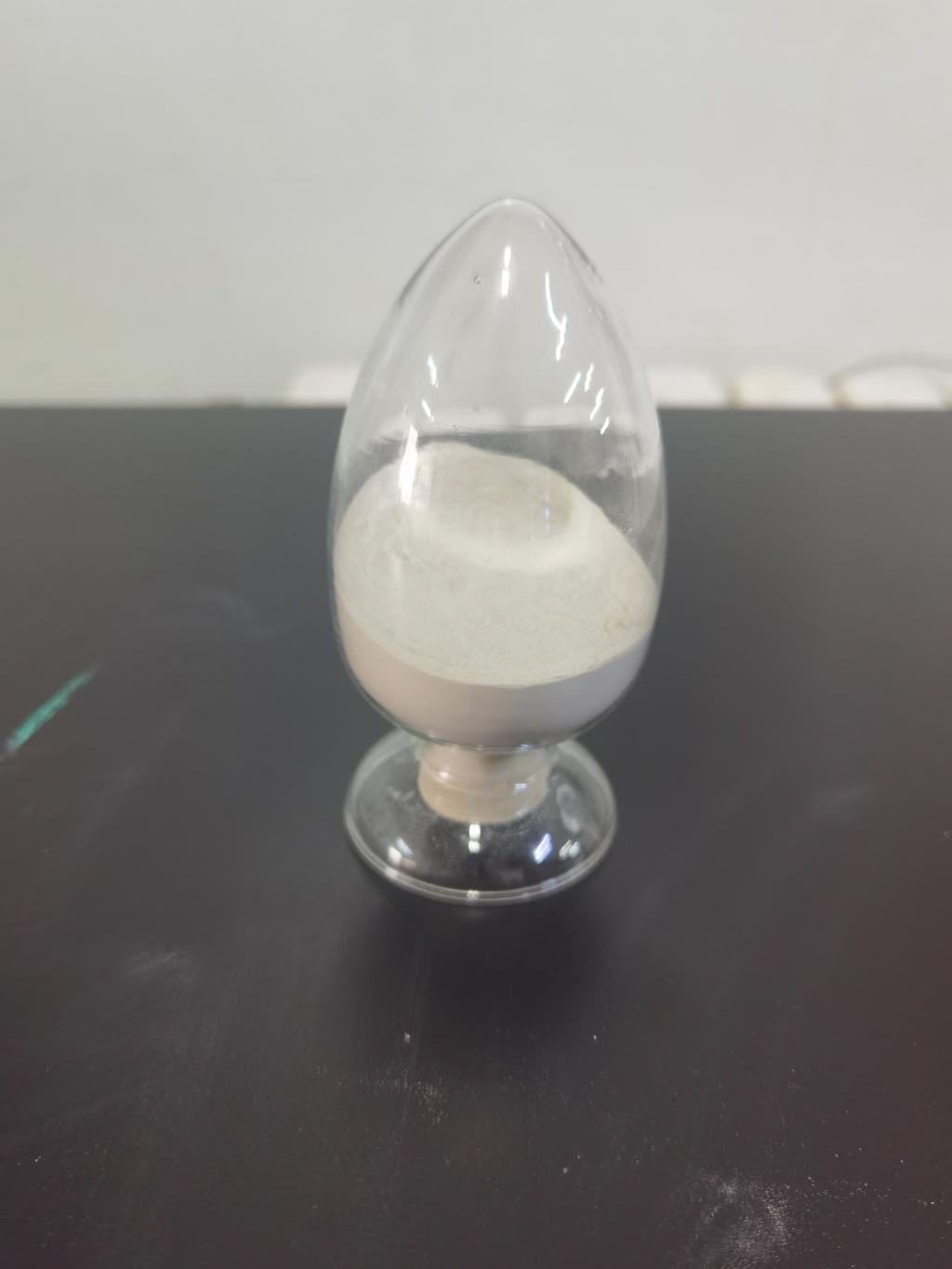Tel:+8618231198596

News
 CONTACT
CONTACT
 CONTACT
CONTACT
- Linkman:Linda Yao
- Tel: +8618231198596
- Email:linda.yao@dcpharma.cn
- Linkman:CHARLES.WANG
- Department:Overseas
- Tel: 0086 0311-85537378 0086 0311-85539701
News
Research on nisin's potential applications continues to expand.
TIME:2024-03-27
Nisin in Food Preservation
Nisin has been widely utilized in the food industry as a natural preservative due to its ability to inhibit the growth of Gram-positive bacteria, including foodborne pathogens such as Listeria monocytogenes. Its efficacy in preventing spoilage and extending the shelf life of a wide range of foods, including dairy products, meats, and canned goods, has made it a valuable tool for food manufacturers seeking safer and more sustainable preservation methods. The use of nisin in food preservation aligns with consumer preferences for clean-label ingredients and natural preservatives, further driving its adoption in the industry.
Emerging Applications in Food Packaging
In addition to direct food applications, nisin is increasingly being incorporated into food packaging materials to enhance food safety during storage and transportation. Packaging materials embedded with nisin can effectively inhibit microbial growth on the surface of packaged foods, thereby extending shelf life and reducing the risk of contamination. Controlled release systems have been developed to ensure optimal delivery of nisin over time, maintaining its antimicrobial efficacy while minimizing its impact on food quality and sensory attributes. This innovative approach to food packaging holds promise for reducing food waste and improving the safety and freshness of packaged foods.
Biomedical Applications of Nisin
Beyond its role in food preservation, nisin has shown potential for various biomedical applications, owing to its antimicrobial activity and favorable safety profile. Research in this area has explored the use of nisin in wound healing, oral health, and combating antibiotic-resistant infections. Studies have demonstrated the efficacy of nisin in inhibiting the growth of oral pathogens implicated in dental caries and periodontal diseases, suggesting its potential as a natural alternative or adjunct to conventional antimicrobial agents in oral care products. Furthermore, nisin's ability to disrupt bacterial biofilms has implications for the treatment of chronic wounds and medical device-associated infections, where biofilm formation poses a significant challenge to treatment efficacy.
Nisin as a Therapeutic Agent
The antimicrobial properties of nisin have also sparked interest in its potential therapeutic applications beyond traditional food and biomedical uses. Preclinical studies have explored the efficacy of nisin against various bacterial pathogens, including multidrug-resistant strains such as methicillin-resistant Staphylococcus aureus (MRSA) and vancomycin-resistant enterococci (VRE). Nisin's unique mode of action, which involves targeting bacterial cell membranes and disrupting membrane integrity, makes it less susceptible to resistance development compared to conventional antibiotics. Additionally, nisin has been investigated for its anticancer properties, with studies demonstrating its ability to induce apoptosis in cancer cells while sparing normal cells.
Challenges and Future Directions
Despite the promising potential of nisin in various applications, several challenges remain to be addressed. These include optimizing nisin delivery systems for targeted applications, ensuring regulatory approval for novel uses, and addressing concerns related to potential allergenicity or adverse effects. Furthermore, continued research is needed to elucidate the mechanisms underlying nisin's antimicrobial activity and explore its interactions with host cells and microbiota in biomedical contexts.
Conclusion
Nisin's versatility as a natural antimicrobial peptide has led to its widespread adoption in food preservation and sparked interest in its potential applications beyond the food industry. From enhancing food safety and reducing food waste to addressing antimicrobial resistance and exploring novel therapeutic avenues, nisin continues to captivate researchers and industry stakeholders alike. As research in this field advances, nisin is poised to play an increasingly important role in promoting health, safety, and sustainability across diverse domains, underscoring its value as a multifaceted tool in the quest for innovative solutions to global challenges.
- Tel:+8618231198596
- Whatsapp:18231198596
- Chat With Skype







